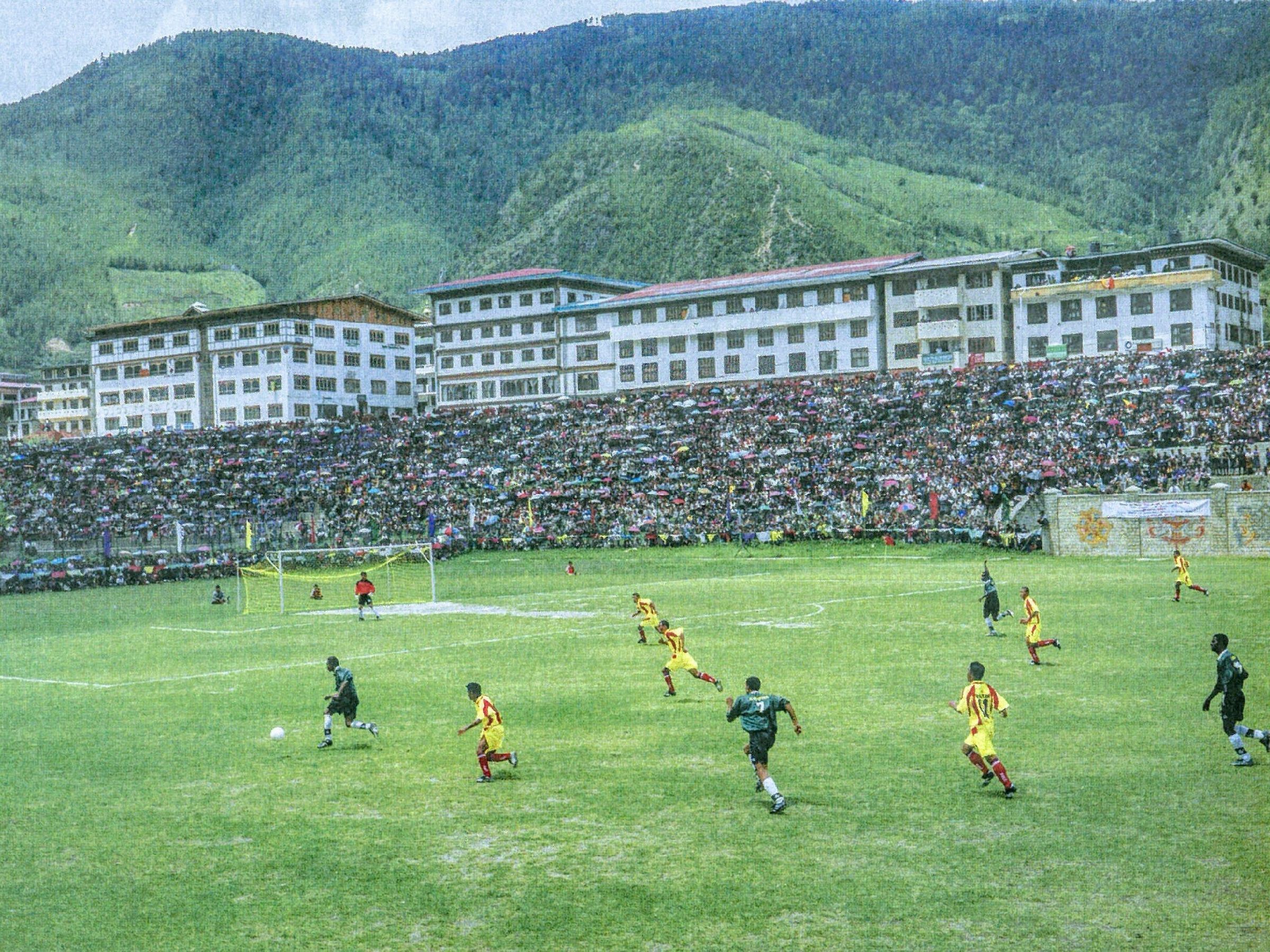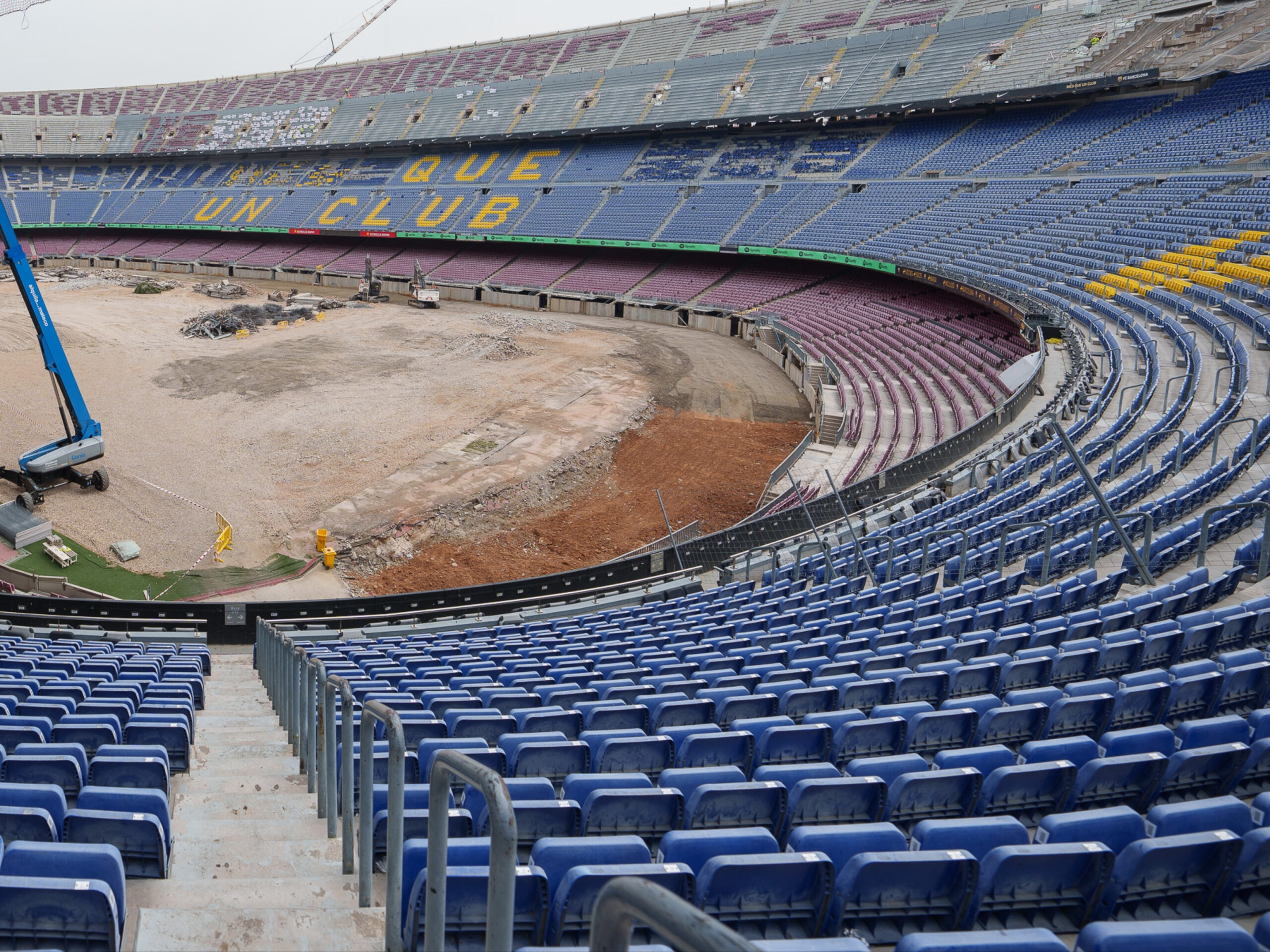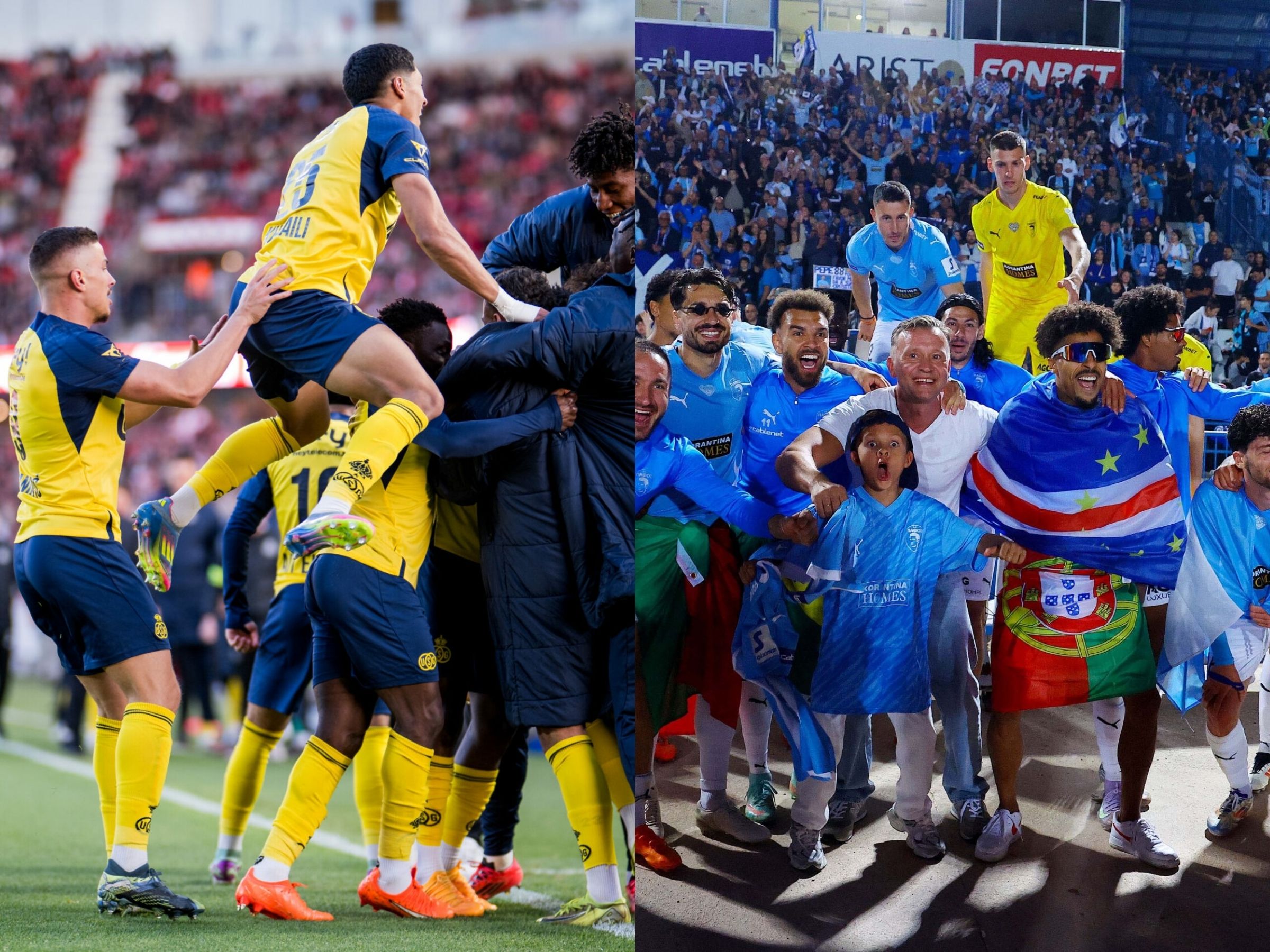Six years have passed since Saudi Arabia first hosted the Spanish Super Cup, a move that initially baffled many and, quite frankly, upset some purists. However, today, winning the trophy holds significantly more value than it did when it was dismissed as just another glorified pre-season friendly.
Traditionally, Super Cups around the world are contested by the winners of a league and a domestic cup from the previous season. Spain, and later Italy, decided to shake things up by expanding the competition to include four teams. Alongside the league and cup winners, the runners-up from both competitions were added to the mix, creating a four-team mini-tournament that brought a fresh sense of prestige to the event.
The inaugural Spanish Super Cup in this new format proved the concept’s worth. Real Madrid, FC Barcelona, Atletico Madrid, and Valencia traveled to Saudi Arabia, and while there was criticism about the atmosphere, the matches themselves were undeniably thrilling. Atletico Madrid opened proceedings with a dramatic 3-2 win over Barcelona to book their place in the final.
🔴🔵 Barcelona arrived in Saudi Arabia for the Spanish Super Cup! 🛬🇸🇦
They will play Athletic Club in the semi-final tomorrow. pic.twitter.com/M3MJzZyUll
— EuroFoot (@eurofootcom) January 7, 2025
Meanwhile, Real Madrid secured a commanding 3-1 victory against Valencia, setting up a Madrid derby showdown for the trophy.
The final, despite being a goalless draw that was decided by penalties, was nothing short of unforgettable. It was the game that cemented Fede Valverde’s legendary status among Real Madrid fans. His last-gasp tactical foul on Alvaro Morata—denying a clear goal-scoring opportunity—was a decisive moment.
That crucial intervention allowed Real Madrid to triumph over their city rivals in the penalty shootout, lifting the trophy in dramatic fashion.
Community Shield in Comparison
Take a look at the Community Shield in England, a match played before every Premier League season between the previous year’s winners of the league and the FA Cup. With all due respect, it garners a larger global audience than both La Liga and the Copa del Rey. Yet, the winners of the Community Shield rarely receive the recognition they deserve.
While the competition has its own charm, it remains underappreciated, and there’s no pressing reason for it to move to a location like Saudi Arabia—as La Liga did for an annual payout of 40 million euros. However, there’s no denying that the Community Shield could be significantly elevated.
One potential improvement would be to move the competition out of the pre-season window and schedule it mid-season during a designated break—much like La Liga’s revamped Super Cup format.
By introducing a four-team mini-tournament, featuring the Premier League and FA Cup winners and runners-up, the Community Shield could evolve into something truly exciting. Such a format would allow fans of all four clubs to rally behind their teams for a prestigious mid-season title, adding a fresh layer of excitement to the football calendar.
Trophies feel more earned
When AC Milan came back from two goals down to defeat Inter 3-2 on Monday in the final of the 2025 Supercoppa Italiana, no Milan fan dismissed it as “just a useless piece of silverware.” It was an euphoric moment for the legendary club, especially amidst a difficult Serie A season where they trail league leaders Napoli by 14 points.
Had Italy followed the traditional English model, Milan wouldn’t have even been there. The match would have been a pre-season clash between Inter and Juventus—still for a trophy, but far less thrilling in comparison.
The revamped Supercup format adopted by Spain and Italy undeniably elevates the competition’s stature. With the inclusion of multiple teams and a mid-season schedule, the trophies feel genuinely earned. Players seem to embrace the gravity of the occasion as well—just look at how the Milan squad celebrated their incredible comeback yesterday.
Sérgio Conceição puxou do charuto, obviamente 😂🔥 pic.twitter.com/FQZJZVqlLx
— B24 (@B24PT) January 6, 2025
Make competitions more meaningful
The changes to the Supercup format in Spain and Italy show how football can adapt to make competitions more exciting and meaningful. By adding more teams and playing mid-season, these tournaments have become more competitive and enjoyable for fans.
Moments like Milan’s thrilling comeback and Valverde’s heroic tackle show the impact of these changes, turning what used to be smaller trophies into big achievements for clubs.
Other leagues, like England with the Community Shield, could learn from this. With some adjustments, these events could become more important and exciting for players and fans everywhere.





